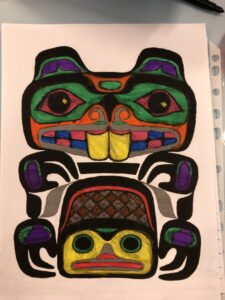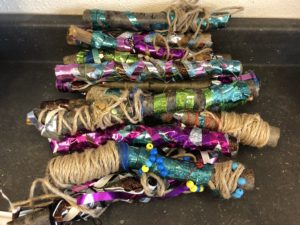Educators respect and value the history of First Nations, Inuit and Metis in Canada and the impact of the past on present and the future. Educators contribute towards truth, reconciliation and healing. Educators foster a deeper understanding of ways of knowing and being, histories, and cultures of First Nations, Inuit and Metis.

It is incredibly vital to recognize Multicultural Education and Indigenous Education. Different cultures have specific methods of teaching and learning, and sometimes they are uncommon. To find out the differences, an educator has to teach about those cultural Educations, so kids can compare and contrast cultures and their ways of Education. For Canadian students today, it is required to know at least some areas in Indigenous Education. With the new BC Curriculum, it is not difficult to introduce Indigenous Education into the classroom. Mostly every class can include at least something from the Indigenous culture. As an example, a teacher can add a reading book that provides for audio and drawing. To achieve the right goals with this cultural introduction, it is crucial to prepare for the lesson; understand the importance of Indigenous Education in Indigenous culture and Canadian culture. This way of including another culture that is severely important to our lives encourages students to appreciate diversity and be respectful to other cultures. I was lucky to have an entire lesson based on decorating our talking sticks with the students. The class frequently participated in the sharing circles and valued the importance of listening, patience and being polite to others.

